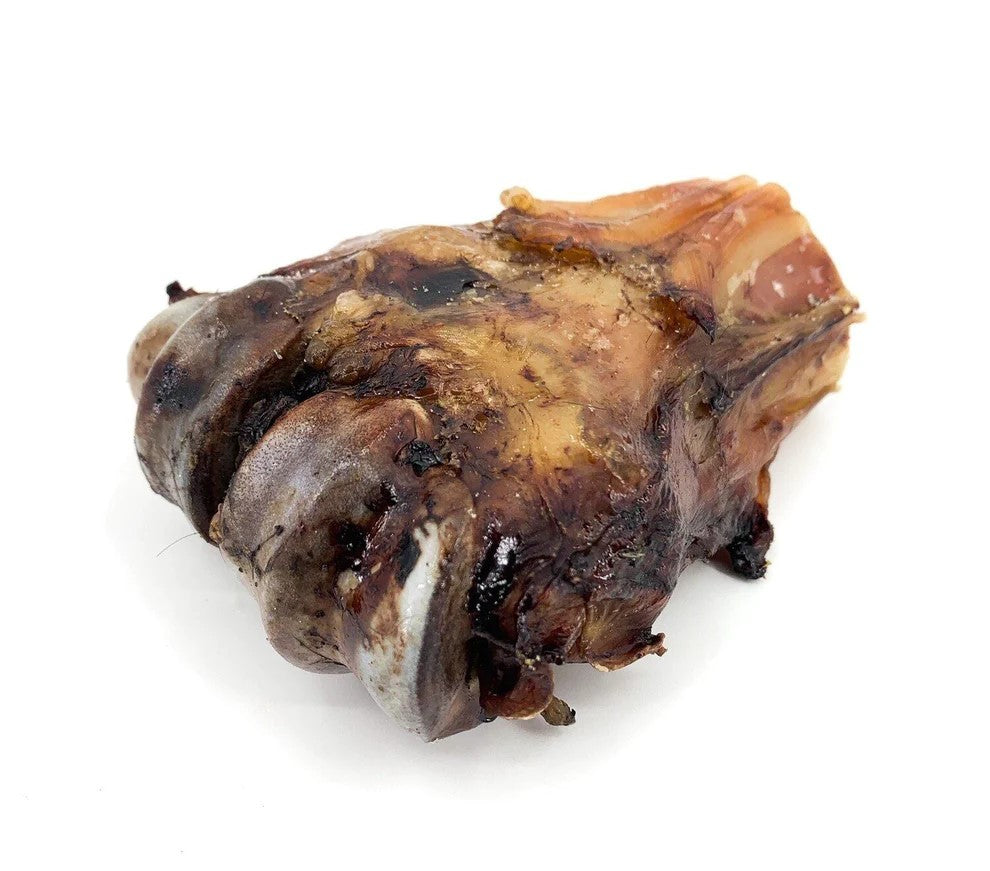
Do Dogs Really NEED Grains?
Steve JohannesShare
Lately, customers have come into our store saying they have been told that “dogs need grains”. To put it bluntly: no, they do not. Dogs (and cats) can acquire all the nutrients they need to thrive from protein and fat alone.
This issue arose most recently due to the emergence of a heart ailment in dogs called Dilated Cardio Myopathy (DCM). In early 2019 the FDA issued a warning that Grain-Free dog foods may lead to this disease. The preliminary studies pointed to legume-based foods (pea, chickpea, lentil) as potentially limiting taurine uptake in dogs. Since then, numerous studies have been done and, while questions remain, many of the conclusions of the original report have been repudiated. The FDA criticized “boutique” brands even though 49% of the cases were from the largest food companies. They blamed “exotic” proteins but 76% of the cases originated in dogs fed common proteins. Although they specified grain free, some whole grain diets showed decreased taurine concentrations. Other studies showed no decrease, even in diets with up to 45% legume concentrations. Confusing, right?
Oxfords’ Journal of Animal Science from June 2020 reviewed 150 studies and found that “DCM is a multifactorial medical condition with many proven etiologies and potential causes… (more studies are needed) …based on this review…there is no definitive relationship [between] these implicated diet characteristics and DCM.” (academic.oup.com/jas/article/98/6/skaa155/5857674)
So why do some veterinarians advise customers that “dogs need grains”? Most Hills, Purina, and Royal Canin feeds are 50-60% carbohydrate, derived primarily from grains such as corn, wheat, and soy. Perhaps this misinformation originates from these companies?
Adding carbohydrates such as grains to a dog’s diet can provide a cheap protein source as well as vitamins, minerals, and dietary fiber. However, there are vast differences in carbohydrate and sugar levels as well as digestibility between the various grains used in pet foods and consumers should be mindful of this when selecting their next bag of food.
To be clear, grains do not provide taurine. Taurine, as well as other beneficial amino acids, is easily assimilable from fresh animal sources. Grains, and many “grain-free” substitutes, provide carbohydrates that the body uses as a glucose source for energy when metabolized. However, glucose is a sugar which is a major contributor to both cancer and obesity. Cancer cells need glucose to grow. Additionally, grains like corn, wheat, soy, and rice are prone to Aspergillus fungal infections that produce aflatoxins which can further lead to cancer or liver damage. Adding insult to injury, agricultural crops are often genetically modified and sprayed with chemicals that remain in the finished product.
Ninety-five percent of the dogs in the original FDA report were fed a dry kibble diet only. Many of these dry foods were carbohydrate laden, cooked at high temperatures (denaturing fats, vitamins, minerals, and amino acids such as taurine) and some contained meat by-products that violate the FDA definition of “food”!
The focus should not be on fillers such as carbohydrate rich grains, whose main job is to assist in the formation of each piece of kibble, but on providing dogs and cats a variable diet high in quality proteins and fats. Several gently cooked dry “kibble” foods use more digestible starches, such as millet, but a simple and carefully sourced raw diet will provide your furry companions with all the nutrition they need without the addition of carbohydrates and synthesized, processed additives or supplements. Ultimately, we all thrive on whole foods we can identify and digest and our pets are no different.

